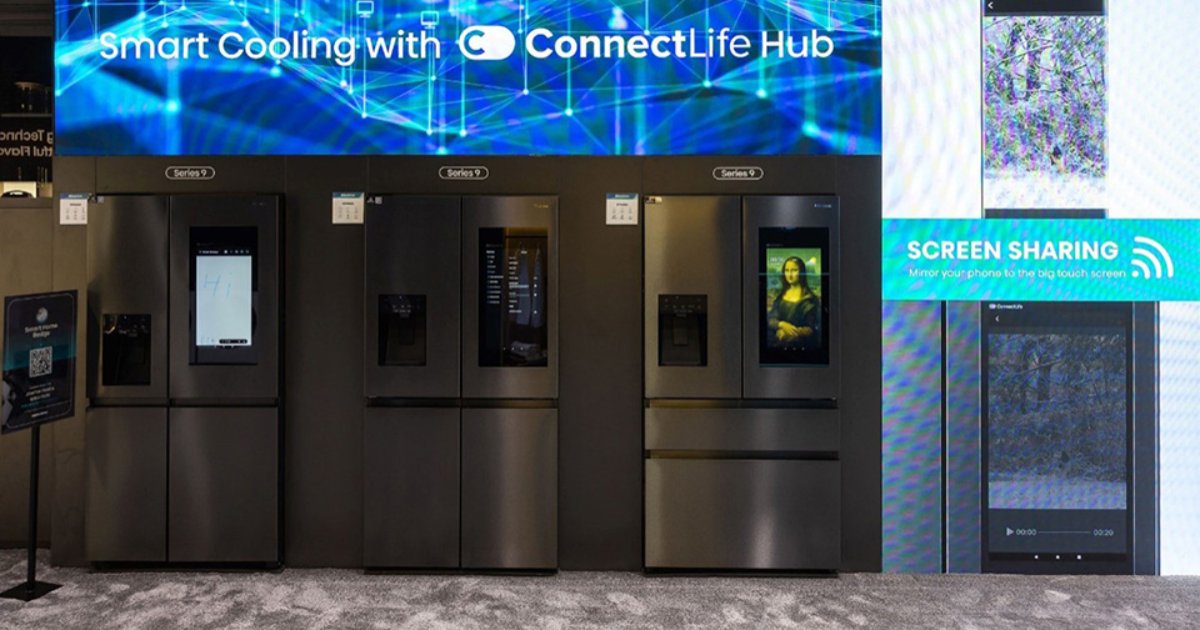Corporate Brands Expand in China

By Mark Seavy
While Chinese corporate brands continue to grow in profile, the potential for outbound licensing has been slower to catch on.
In large part, that’s because Chinese entertainment and character brands (along with Western IPs) dominate the market for licensing in categories like luxury goods. And while brands like Alibaba, Tencent, Haier, Hisense TCL, Skyworth, and Midea are well-known globally, the focus for corporate brands in the region has been on churning out products rather than striking deals for outbound licensing.
But that focus could be shifting. RobbiArt (Robbi character), Jast Company (gift products), product design company Semk Products (B.Duck character), and SmartZone (toys and housewares) all exhibited at Licensing Expo in Las Vegas in May. And while the companies’ emphasis at the trade show was on characters and entertainment, licensing agencies are increasingly pitching Chinese corporate brands for outbound licensing.
Among those agencies is LMCA, which represents Castrol, Philips, Electrolux, Hewlett-Packard, and other corporate brands, and whose CEO Ciarán Coyle gave a presentation at the recent China Licensing Expo in Shanghai.
“They have never thought about their brands in the same [light] as western brands, which have been on a pedestal,” Coyle said. “[Extending their own brands locally] is an inevitable next step as the Chinese economy starts to look a little bit more inward and, as they build out their second- and third-tier cities, there will be more demand for Chinese brands. There has been a little bit of movement away from the notion that western [corporate] brands are always better. There is room for Chinese brands to grow and they haven’t really thought about it that way. Rather, [it’s been about] how much they might expand internationally.”
One obstacle brand owners will have to overcome as they expand corporate IPs is finding a way to connect emotionally with Chinese consumers, a licensing executive said. Because of the stories and characters associated with entertainment brands, consumers can easily connect to them and are therefore more likely to purchase items like licensed bags or key chains in order to broadcast their affinity with the property.
The same obstacle exists in Latin America, where corporate brand licensing is less prevalent, and the emphasis is instead placed on celebrities, characters, and entertainment. To establish a home for corporate brands in Latin America, agencies are increasingly opening offices in those regions in order to engage more effectively with consumers. LMCA, for example, opened its first offices in Mexico and Brazil in 2022.
“Latin and South America are waking up to the opportunity of corporate brands,” Coyle said. “In both [regions] there is a bigger opportunity for risk, whereas in North America and Europe the appetite for risk is lower and people are more cautious.”
That caution, however, doesn’t mean there is less demand for corporate brands, licensing executives said. The category is well established for licensing in North America, in particular.
There remains, for example, demand for the Kenmore and Diehard brands despite the shutdown of former corporate parent Sears, said Dawn Pratt, Director of Channel and Licensing Management for Kenmore and DieHard at Transformco, which now owns the labels.
Kenmore has licensing agreements across, among other things, coffee makers (Koolatron), grills (Permasteel), vacuums (Cleva North America) and water softeners (EchoPure). And DieHard has them for work boots (Hoss Boot Co.), generators (Huizhou Intelligent Energy Co.), and wet/dry vacuums (Equity Sales & Marketing Inc.). Additionally, Advanced Auto Parts purchased the rights for the DieHard brand in auto products in 2019. And Full Sail IP Partners, which purchased the Weatherbeater brand from Transformco in 2022, has a licensing deal with Mr. Brands for paint that is being sold through Ollie’s Bargain Basement. Full Sail is partly owned by investment firm Warburg Pincus and LMCA.
“In the West, unlike China, you have brands that are advertised and marketed all the time, so they are much more obvious and lend themselves much easier to licensing since brand awareness has already been built in,” an executive involved the appliance licensing said.
As awareness around corporate brands continues to be built out in regions like China and Latin America, opportunities are also expected to grow.




